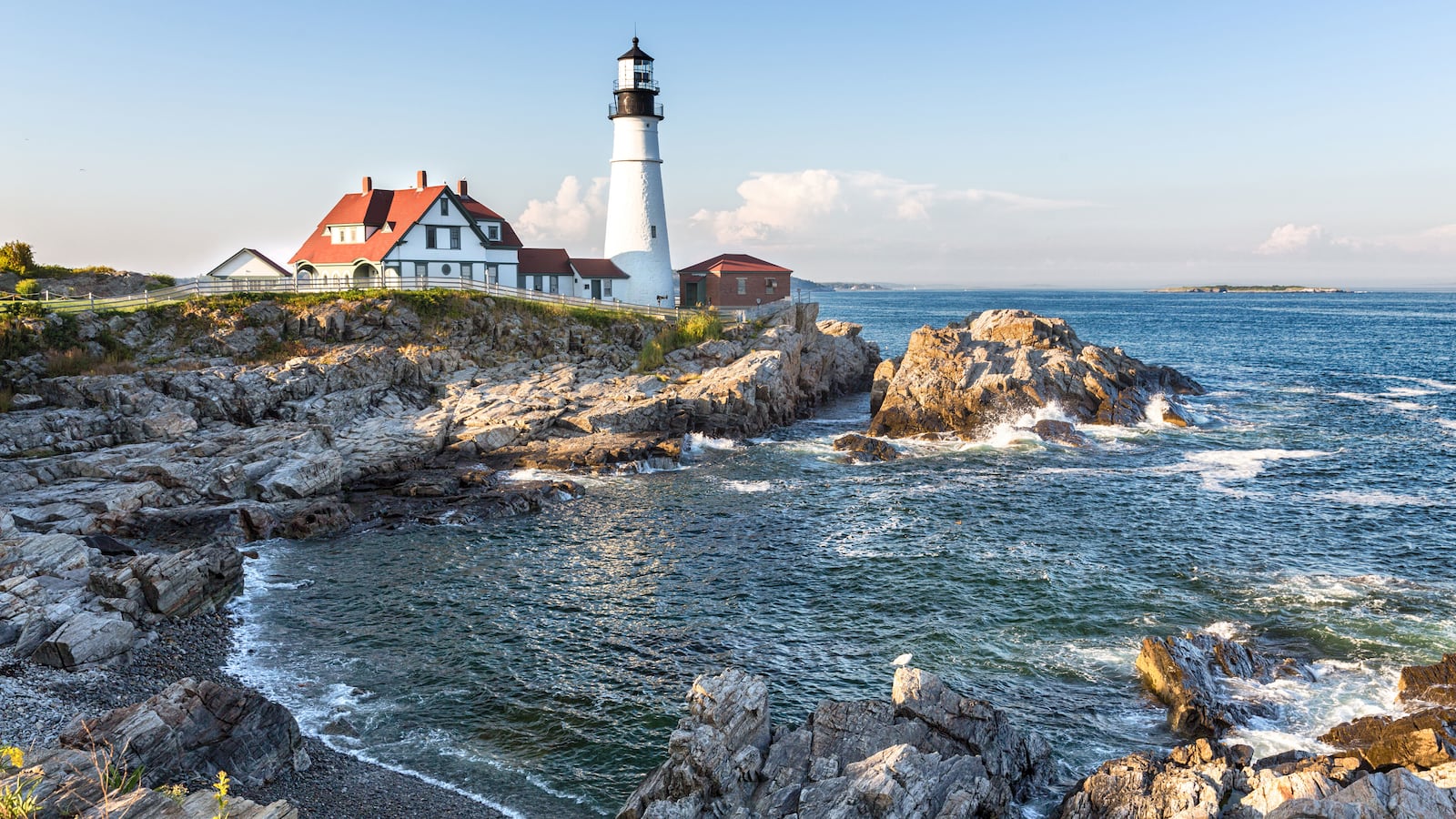Haven’t we been through enough this year?
In Maine, that seems to be the question on everyone’s minds given the events of the last week. Not only did Governor Janet Mills clash with the state’s Republican Party about easing COVID-19 restrictions on out-of-state visitors, but the state also experienced its first fatal shark attack in recorded history. It’s been a brutal year, especially for the state’s tourism and hospitality industry, but the events of the last few days alone beg the question: can the hotels, restaurants and small businesses that shape “Vacationland” as we know it survive the summer of 2020?
On the state’s official website on July 27, Governor Mills posted a statement against a Republican initiative to ease quarantine restrictions on visitors from Massachusetts and Rhode Island. At the moment, visitors from Massachusetts and Rhode Island seeking to enter Maine must either self-quarantine for 14 days or provide documentation of a negative COVID test taken within 72 hours of entry into the state—something not required of visitors from New Hampshire, Vermont, or the tri-state area. Maine’s Legislative Republicans are trying to ease these restrictions, in no small part because Massachusetts tourism dollars are widely considered the bread-and-butter of the state’s highly seasonal tourism industry.
“For the life of me, I cannot understand why Republicans care more about Massachusetts money than the life of a Maine person,” said the governor’s statement, calling the Republican proposal a “Donald Trump-style assault on the very public health measures that have successfully protected Maine people.”
Justin Grimes, managing director of the Kennebunkport Resort Collection—which includes, among others, the resorts Hidden Pond, The Kennebunkport Inn, and Cape Arundel Inn & Resort—is baffled by Governor Mills’ public outcry. “It’s counterintuitive because this summer there are so many people coming here from New York, and many of them are passing through Massachusetts, probably stopping in Massachusetts, and then continuing to Maine,” he said. “It’s a bit shocking. It’s caused a lot of confusion. People are angry. It feels like Massachusetts residents are being singled out.”
Per Grimes, Kennebunkport Resort Collection’s business is down 60 percent. He hopes that the Massachusetts and Rhode Island restrictions can be eased in time for the town of Kennebunkport’s Christmas Prelude, the two weekends following Thanksgiving, which is historically his hotels’ highest grossing weekend of the year. “We typically sell out a year in advance and our restaurants all hit record numbers,’ he said. “I worry without that splash of revenue, you’ll see other businesses permanently close.”
Abigail Carroll, owner of the 6.8-acre Nonesuch Oysters farm in Scarborough, is approaching this summer with a trademark sense of Maine toughness. In her line of work, after all, adaptability is essential. “COVID ain’t nothing for a farmer,” she said. “Seven months before COVID we lost most of the summer to red tide. It seems like every year we have something, whether it’s a bad algae, die-off from the winter ice… To be honest, we got a little PPP money this year and it felt like a huge break for once.”
When asked about the anomalous shark attack last week and whether she worried how that might affect her operations—which by definition require her to be in the water tending to the oyster beds—Carroll seemed almost nonplussed. “Waters are warming, there’s no way around it. Climate change is happening,” she said. It’s almost like an influx of great whites is the least of her problems at this point. “My existential angst is what is going to happen in the fall.”
Alongside countless other oysters farmers and fishermen up and down the Maine coast, Carroll has been able to maintain normalcy—to a degree—thanks to outside dining. “Based on my orders, it’s almost like Kennebunkport is kind of alive and well,” she said. “The million dollar question is what’s going to happen in the fall. We’re trying to ramp up our [e-commerce] home orders, but there are big variables and big unknowns.”
Others in the area are more optimistic. At the White Barn Inn, Auberge Resorts Collection in Kennebunk, general manager Daniel Braun shared that August 2019 was a very strong month for sales, and that August 2020 is on track to exceed it by 15 percent. While there have been fewer visitors from Massachusetts, the property has experienced a “strong increase among New York and tri-state” visitors. The property’s range of barns and cottages, many with private entrances, lend themselves to privacy and reduced contact between guests. Braun attributes the White Barn Inn’s successful summer to a recent property-wide renovation, the addition of a Little Barn casual restaurant so guests don’t need to leave the property for meals, as well as expanded poolside food and beverage service. It’s been such a popular summer for the property, that not even the shark attack has deterred guests. “It hasn’t seemed to prevent people from visiting the beach and enjoying the water,” said Braun. “It really was such a rare and unexpected accident.”
Indeed, last week’s shark attack was a relative blip in a year of rare and unexpected accidents. But wherever businesses fall on the spectrum between calamity and normalcy this summer, the general sense is that the true test will arrive this fall
That's when a second wave of COVID-19 cases is expected to coincide with flu season. Plus, a drop in temperature means fewer out-of-state visitors and a death-knell to the outdoor dining which has saved so many of the state’s restaurants. Until then, Mainers will have to await whatever fresh hell these final weeks of summer 2020 brings their way.

